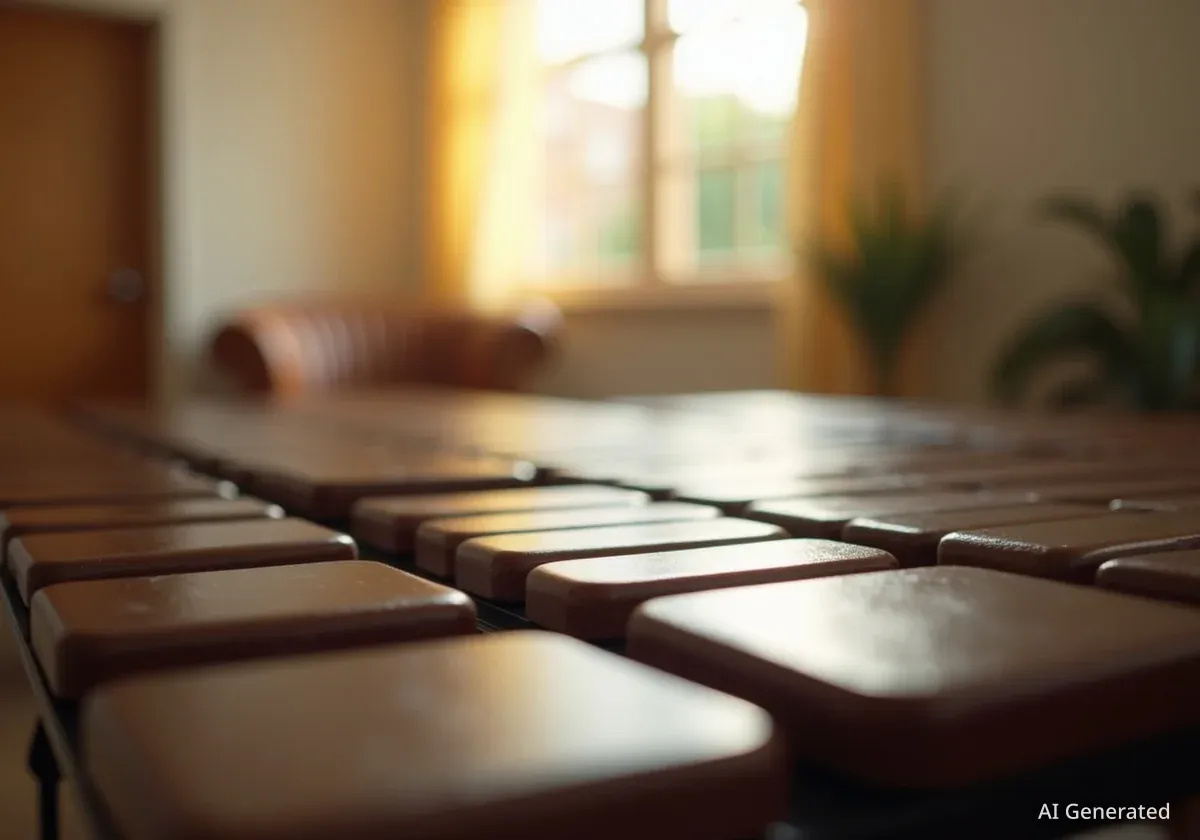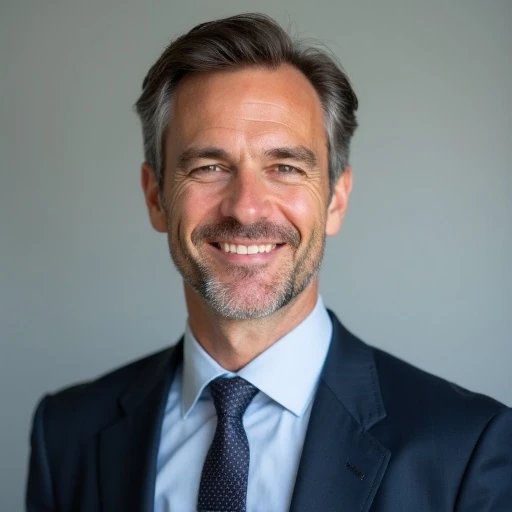The University of North Dakota (UND) has successfully reinstated its music therapy program, a decade after its discontinuation. The program, which officially began offering courses in early 2024, is now led by Carly Flaagan, a UND alumna who returned to Grand Forks to direct the initiative. This revival marks a significant expansion of allied health care offerings at the university, aiming to meet growing demand for therapeutic services.
Key Takeaways
- UND's music therapy program has been reinstated after an 8-year hiatus.
- Carly Flaagan, an alumna, leads the revived program.
- The program currently has nine students and aims for 50 within four years.
- Music therapy offers physiological and psychological benefits, reducing stress and improving cognitive skills.
- New courses in neuroscience and entrepreneurship have been added to the curriculum.
Alumna Returns to Lead Revived Program
Carly Flaagan, a graduate of UND's music therapy program before its suspension in 2016, has returned to her alma mater as the program's new director. Flaagan spent eight years in Colorado, where she earned a master's degree, practiced music therapy, and managed an internship program. Her decision to come back to Grand Forks was driven by her positive undergraduate experience.
"I had it on my radar," Flaagan stated. "I had a wonderful experience here as an undergraduate music therapy major. I absolutely loved it and benefited so much from the education and clinical training that I received here at UND."
The program's return was initially announced at the beginning of 2024. It quickly began offering an Introduction to Music Therapy course, even before full accreditation was finalized. This early start allowed the program to attract students before official recruitment efforts began.
Student Enrollment and Future Growth
Currently, the revived music therapy program has enrolled nine students. This group includes four freshmen and three upperclassmen, indicating interest across different academic levels. Flaagan described the initial years of rebuilding the program as "a good kind of intense."
Program Growth Target
The University of North Dakota aims to enroll 50 students in its music therapy program within the next four years, a significant expansion from its current nine students.
Looking ahead, Flaagan has ambitious goals for the program's expansion. She anticipates a student body of 50 within the next four years. This growth reflects a broader recognition of music therapy's value in the healthcare sector.
Understanding Music Therapy's Benefits
Music therapy is an allied health care profession that focuses on the individual's needs. It is highly adaptable and considers the entire person in treatment. This holistic approach makes it applicable in various settings, including hospitals, hospice care, older adult living facilities, and schools.
The physiological and psychological effects of music therapy are well-documented. Flaagan explained that it promotes the increase of "good-for-us chemicals" in the body. It also decreases cortisol levels, a stress hormone, and can increase oxygen saturation. Additionally, it helps regulate heart rate and stabilize breathing patterns.
"Physiologically, it can help to regulate many different things in our bodies and our brains," Flaagan noted. "It can also help with cognitive skills, communication skills, motor skills, social skills and sensory processing and regulation skills."
Flaagan's work has largely focused on clients with intellectual and developmental disabilities. In these cases, music therapy helps improve functional skills essential for daily living. Music also fosters a connection between the client and therapist, creating a safe space for expression and emotional processing.
Innovative Curriculum Additions
The core competencies for music therapy programs are set by the American Music Therapy Association. While these have remained largely consistent over the past decade, Flaagan identified two key areas for enhancement in UND's curriculum: a neuroscience and music class, and a music and entrepreneurship class.
Neuroscience in Music Therapy
Although neuroscience research was present during Flaagan's undergraduate studies, significant advancements have occurred in the last 15 years. A dedicated neuroscience-specific class ensures students understand how the brain processes and responds to music, a core professional competency for music therapists.
The addition of a neuroscience course addresses the increased research in this field. Previously, neuroscience topics were integrated into other classes. A dedicated course provides a deeper understanding of how music engages and changes the brain, which is crucial for effective therapeutic practice.
The entrepreneurship course responds to a growing trend. More music therapists in America are starting their own businesses. This class aims to equip students with the necessary skills and confidence to navigate the challenges of opening and running a private practice, destigmatizing the process.
Other essential courses for music therapy students include anatomy, various psychology classes, statistics, interprofessional health care, and specialized methods and techniques classes, alongside music history and performance courses.
"You have to develop strong enough music skills where you don’t have to worry about your pitch or what chords you’re playing when you’re thinking clinically in a session and you’re adapting to the client’s needs," Flaagan emphasized. "This is very much about being able to meet a client where they’re at and then provide the best tailored therapeutic music experience."
The Program's Reinstatement Journey
The original music therapy program at UND was discontinued in 2016. This decision was part of broader budget cuts across state agencies, following a directive from then-Gov. Jack Dalrymple for a 4% budget reduction. The removal of the program faced significant opposition from students and community members, including protests and letters to local newspapers.
The conversation to bring the program back began when the university achieved a more stable financial position. Brad Rundquist, dean of the College of Arts and Sciences, commented on the decision in 2024.
"I’m feeling good about it," Rundquist said. "We looked at the information we had and decided it was a good time to bring it back."
University President Andrew Armacost highlighted the multiple factors involved in reintroducing a program. These include the cost of operation, projected tuition revenue, student enrollment potential, and the ability to attract qualified faculty. External advice also played a crucial role.
Accreditors from the Music Department, during a campus visit, strongly endorsed the program's return. They noted UND's existing strengths:
- A medical school
- A nursing school
- Programs in social work and counseling
- A regional shortage of music therapy programs
Scott Sandberg, who chaired the Music Department when the return was announced, expressed enthusiasm for the program. "You educate people through music, we entertain people through music," Sandberg stated. "Now we can help people through music. It just comes full circle so that we can do everything that music does."
Renowned Neuroscientist Visits Campus
The revived program has already attracted national attention. Neuroscientist and best-selling author Daniel Levitin visited the campus on September 23. Levitin, author of over 300 research articles and seven books, spoke about the effectiveness of music therapy.
His presentation covered the scientific connections to music therapy and provided examples of its application for various populations. These include individuals with Parkinson's disease, traumatic brain injuries, and Alzheimer's disease.
Flaagan expressed gratitude for Levitin's visit. She noted that having an influential voice advocate for music therapy is invaluable, especially for a profession that has only been formally organized since the 1940s and may still face public misconceptions.





